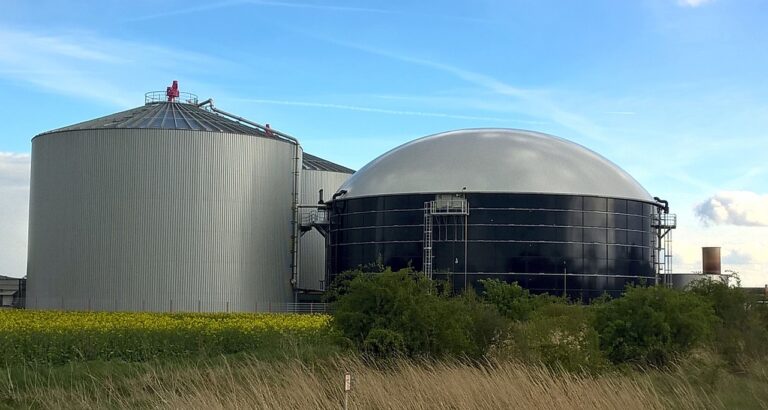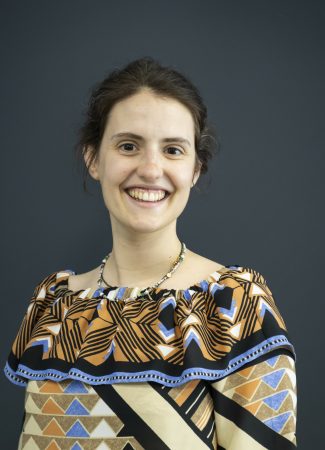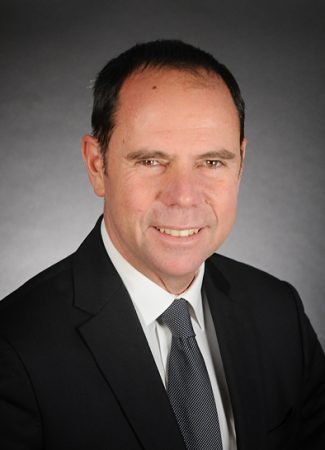Less white than white, we (and comedian Coluche) suspect, must be light grey. We know what the colour green is…it’s green! But greener than green? That’s a new colour – it was just released!
I’m not looking to recite Coluche’s legendary sketch on advertising, but I couldn’t help making a reference to my favourite comedian when I heard the announcement made on 18 October that ‘Seven independent producers are launching the Électricité Verte d’Origine Contrôlée [Controlled Designation of Green Electricity Origin]’, made in the presence of Elisabeth Borne, Minister for the Ecological and Solidarity Transition, and Brune Poirson, Secretary of State to the Minister of the Ecological and Solidarity Transition.
It is true that green electricity offers have been quite common in France since the markets were opened up, and that, among all of these ‘no added cost’ green offers, watching suspicions and accusations arise that they are not contributing to the energy transition have become just as common – that the pure and simple purpose is that of ‘greenwashing’.
Let’s try to get an idea of what colour electricity is.
Electricity, like natural gas, can be produced using renewable sources and therefore can have a ‘green’ origin. But as soon as renewable-sourced energies are injected into the different networks it is no longer possible to tell them apart from those originating from a ‘classic’ production method.
This means that regulation is the key to defining the traceability of renewable electricity, through the implementation of Guarantees of Origin (GO):
- At European level, through European Union Directives
- 2009/28/EC (Article 15)
- as well as its ‘revision’, applicable since 01/01/2021, 2018/2001 (Article 19)
- At French level, through the Energy Code
- On the Legislative side: Articles L314-14 to L314-17
- On the Regulatory side: Articles R314-53 to R314-67
Thus, the French regulatory body – the Energy Regulatory Commission (CRE) – offers the following definition:
‘“Green” electricity refers to electricity produced from renewable energy sources (hydropower, wind, solar, geothermal power, etc.) or by cogeneration. Green offers provide electricity of renewable origin, certified by guarantees of origin.’
RTE (the French Transmission System Operator), for its part, elaborates on the guarantees of origin mechanism as follows:
‘The guarantees of origin system allow for electricity generation to be labelled in order to show the end customer that a portion or a set quantity of the electricity is of renewable origin or produced through cogeneration.
In order to transpose the new requirements of Directive 2009/28/EC on energy from renewable sources, Decree No. 2012-62 of 20 January 2012 was enacted to amend Decree No. 2006-1118 of 5 September 2006 establishing the guarantees of origin framework.
In accordance with this Decree, following a ‘call for tenders’ procedure, Powernext was appointed the responsible party for issuing and monitoring guarantees of origin from 1 May 2013.
For all information pertaining guarantees of origin, RTE invites you to visit Powernext’s “guarantees of origin” page.’
Thus, a supplier can guarantee 100% ‘green’ energy to its customer by using / cancelling out a number of guarantees of origin in an amount equal to this very customer’s consumption in MWh.
Still with me? ‘Keep moving – there’s nothing here to see!’ as the dearly missed Coluche would say.
Apparently, some problems arose in that a controlled designation label (by whom, incidentally? As of right now, the Institut National de l’Origine et de Qualité [French National Institute of Origin and Quality], a national public administrative body which manages, among other labels, AOCs and AOPs, doesn’t seem to be in charge of monitoring this new label) could be corrected through two types of commitment:
- Investing exclusively in renewable sources of energy production;
- Accelerating the construction and development of new renewable electricity generation plants in France.
Let’s forget the first commitment, which conveys a certain corporatist attitude as it seeks, somewhat heavily, to eliminate any company that would take the liberty of doing anything other than investing in renewable sources of energy production (this commitment would therefore not only exclude EDF and Engie).
Let’s take a closer look at the second commitment, which involves two aspects:
- Renewable energy is produced in France (thus, this certificate is perhaps ill-advised for consumers who consider wind turbines to be incompatible with the French countryside but are, on the other hand, in favour of renewable energy…in other places).
- The use of these guarantees would provide financial contributions to the building and development of new power plants. In this respect, ‘it is important’, as the European Directive reminds us, ‘to distinguish between green certificates used for support schemes and guarantees of origin,’ and to remember that, in France, the development of renewable energies is essentially
- defined by the Programmation Pluriannuelle d’Energie [multi-year energy program] (PPE),
- implemented by the ‘calls for tender’ made by the CRE (Energy Regulatory Commission)
- and financed via the special ‘energy transition’ allocation fund (CAS), an account whose funds are mostly derived from the CSPE [Contribution to the Public Electricity Service tax] paid by the French consumer, in an amount up to €22.5/MWh (excluding VAT), regardless of the colour of the electricity they use.
For the first time, guarantees of origin for French facilities benefiting from a support scheme were put up for auction by Powernext on 18 September 2019, and over 4.4 TWh of GOs were sold at an average price of €0.42/MWh. This means that slightly less than €2M (or ~€12M if we extrapolate to the six auctions) will be contributing to the CAS. This is in comparison with €6bn, the current cost of supporting renewables…
Now we understand a bit better why these guarantees can be offered to consumers at no added cost by the supplier promoting them!
The current auction price does certainly not, in any way, anticipate the prices of the next auctions, nor the emergence of a new paradigm that will contribute to rendering renewable energy support obsolete. In the meantime, such an initiative will no doubt make its contribution to the current colour blindness surrounding electricity and reminds us that, rather than an ‘AOC[1]‘, the European scale of the Guarantees of Origin system in force bestows upon them an actual ‘AOP[2]’.
[1] AOC: Appellation d’origine contrôlée [Controlled designation of origin]ː this protects the naming of products in France
[2] AOP: Appellation d’origine protégée [Protected designation of origin]: European label that protects the name of a product throughout the European Union
Philippe Boulanger







